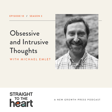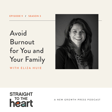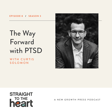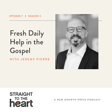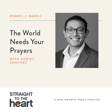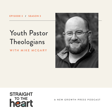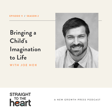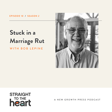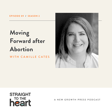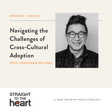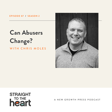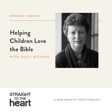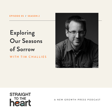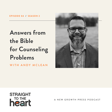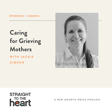
How Liturgy Can Grow Your Faith with Dan Alger
In this episode of Straight to the Heart, our host Rush Witt meets with Dan Alger who is the Canon for Church Planting for the Anglican Church in North America, through which he leads the Always Forward Church Planting Initiative. They discuss the important topic of liturgy in the normal Christian life.
DAN ALGER ONLINE
Dan’s Website
Facebook
Instagram
Twitter/X
MENTIONED IN THIS EPISODE
Word and Sacrament
Always Forward Podcast
For more about the podcast at New Growth Press online.
Timestamps:
1:30 - Intro
4:31 - What are people most curious to know about the Anglican Church?
7:26 - How does the modern culture see a more liturgical approach to church?
13:59 - Tell me more about what led you to write Word and Sacrament?
20:24 - How would you describe the role of liturgy in the Christian life?
29:23 - What is the potential for good liturgy to impact the Christian life?
35:16. -How can Christians not in a liturgical church start using liturgy in their daily life?
39:16 - Describe how liturgy changed your day already on this Wednesday.
43:28 - Farewell
